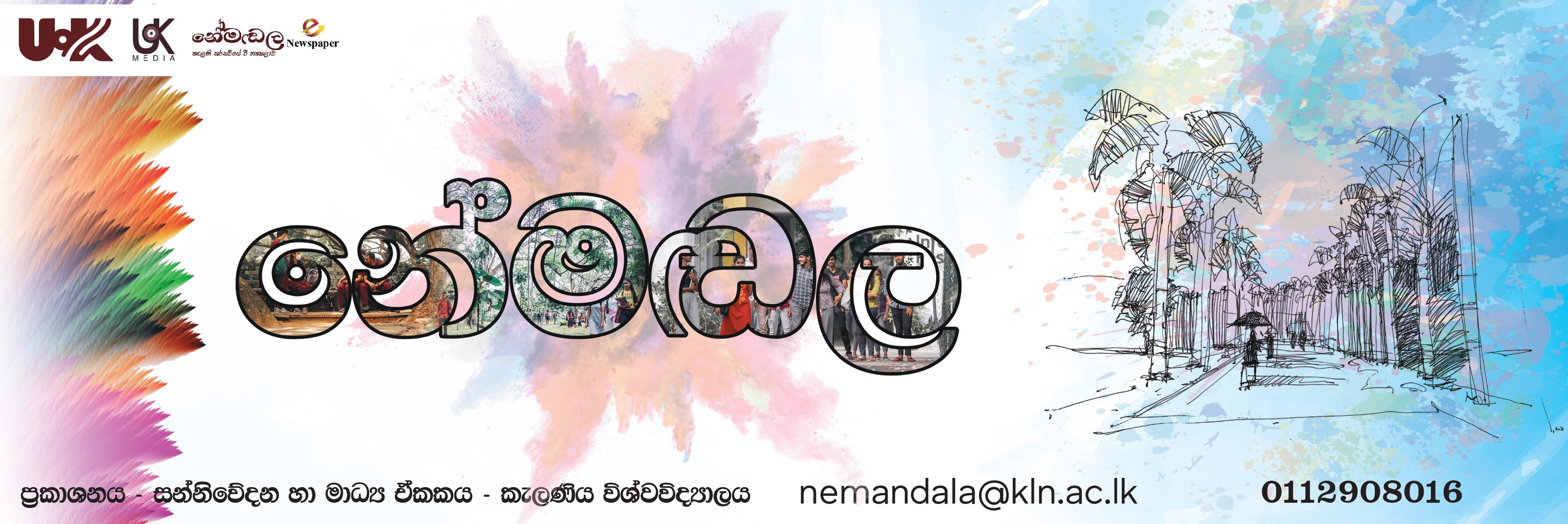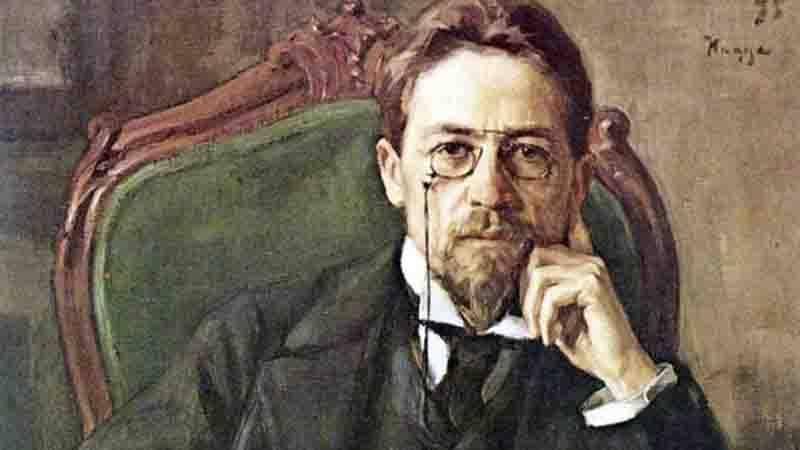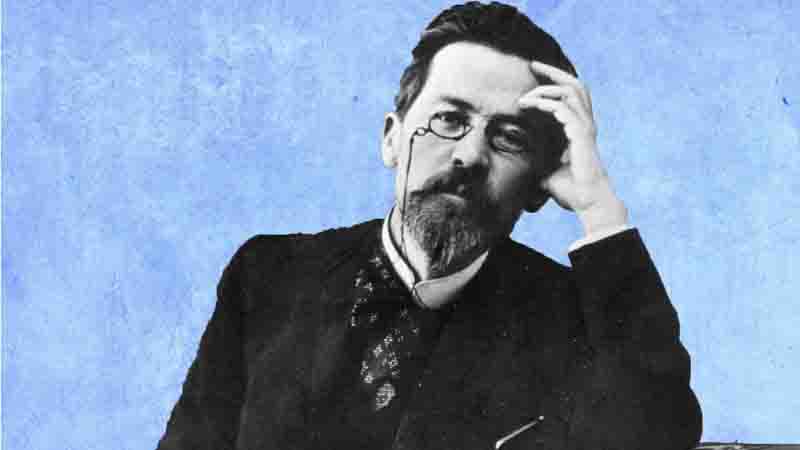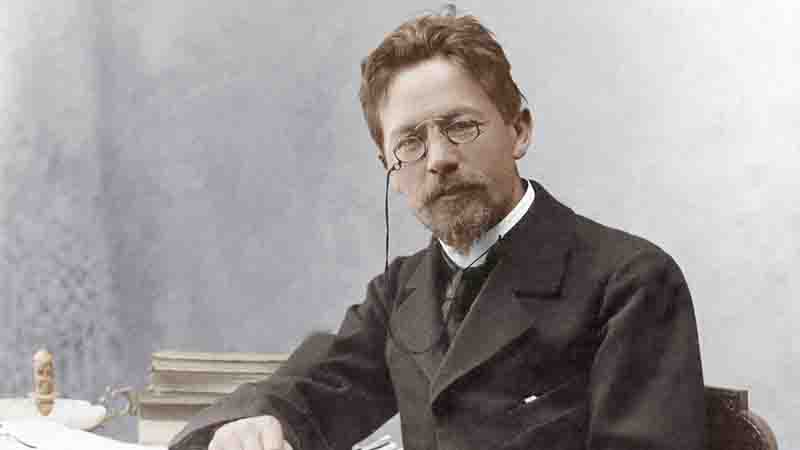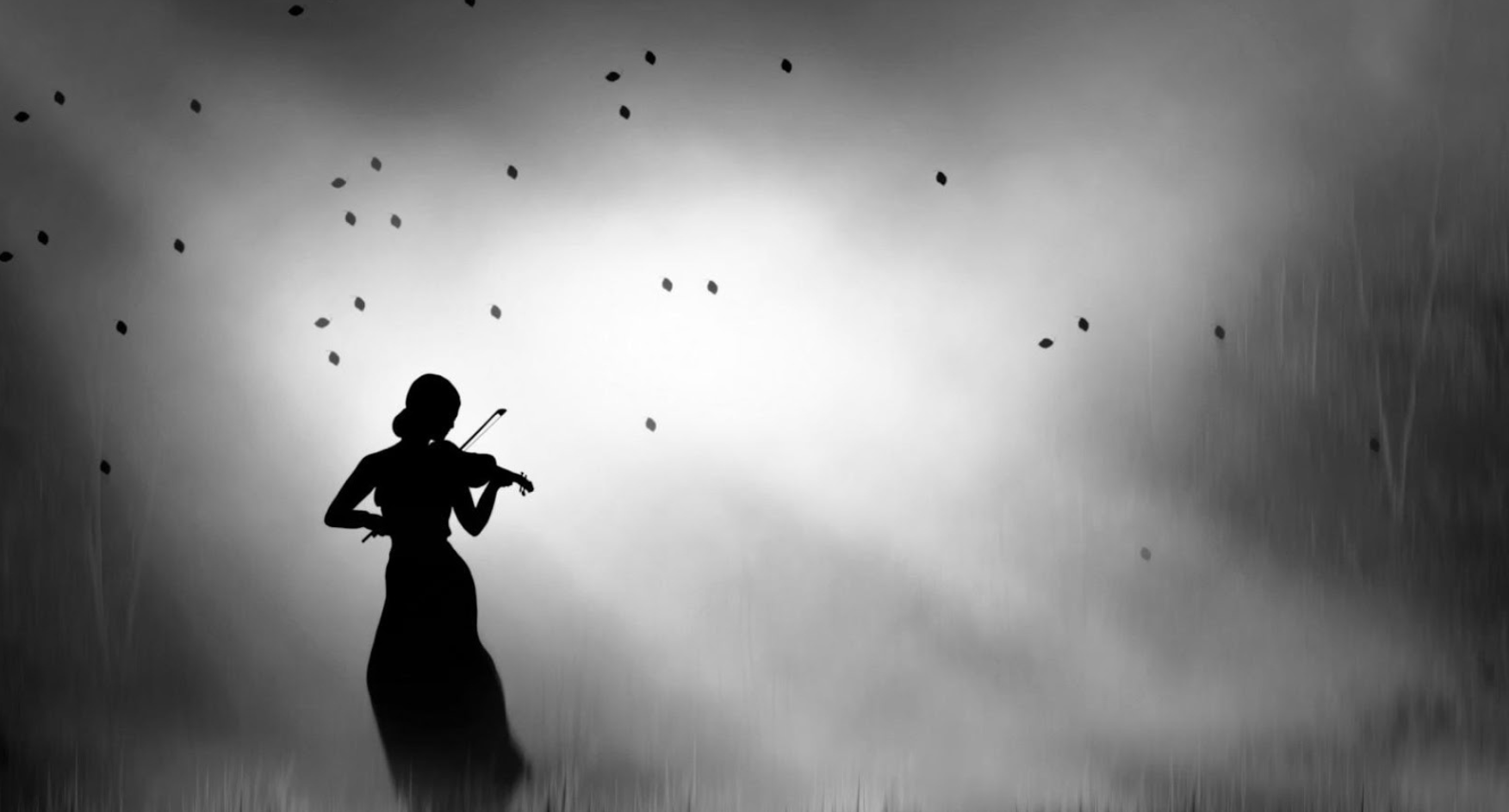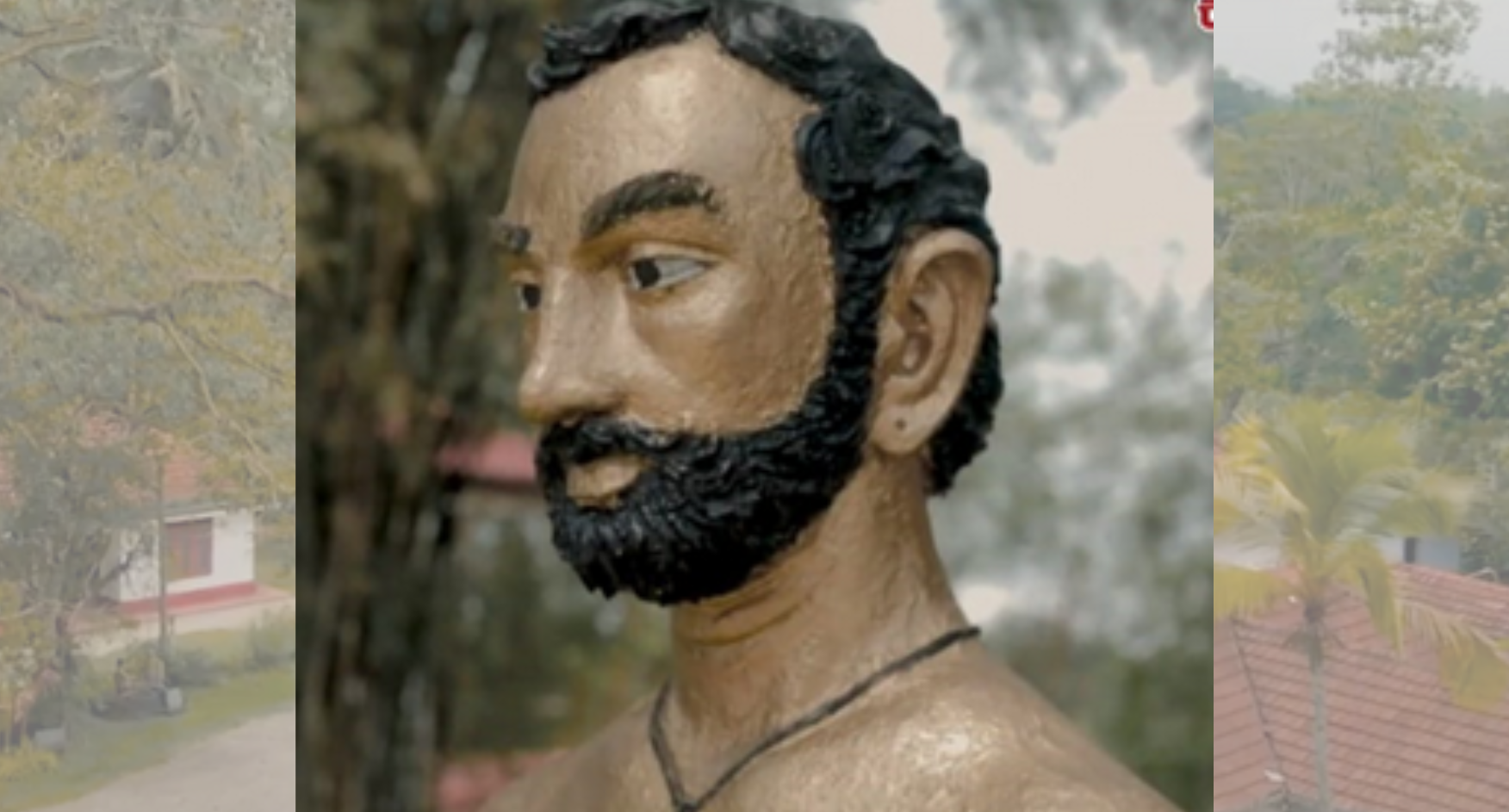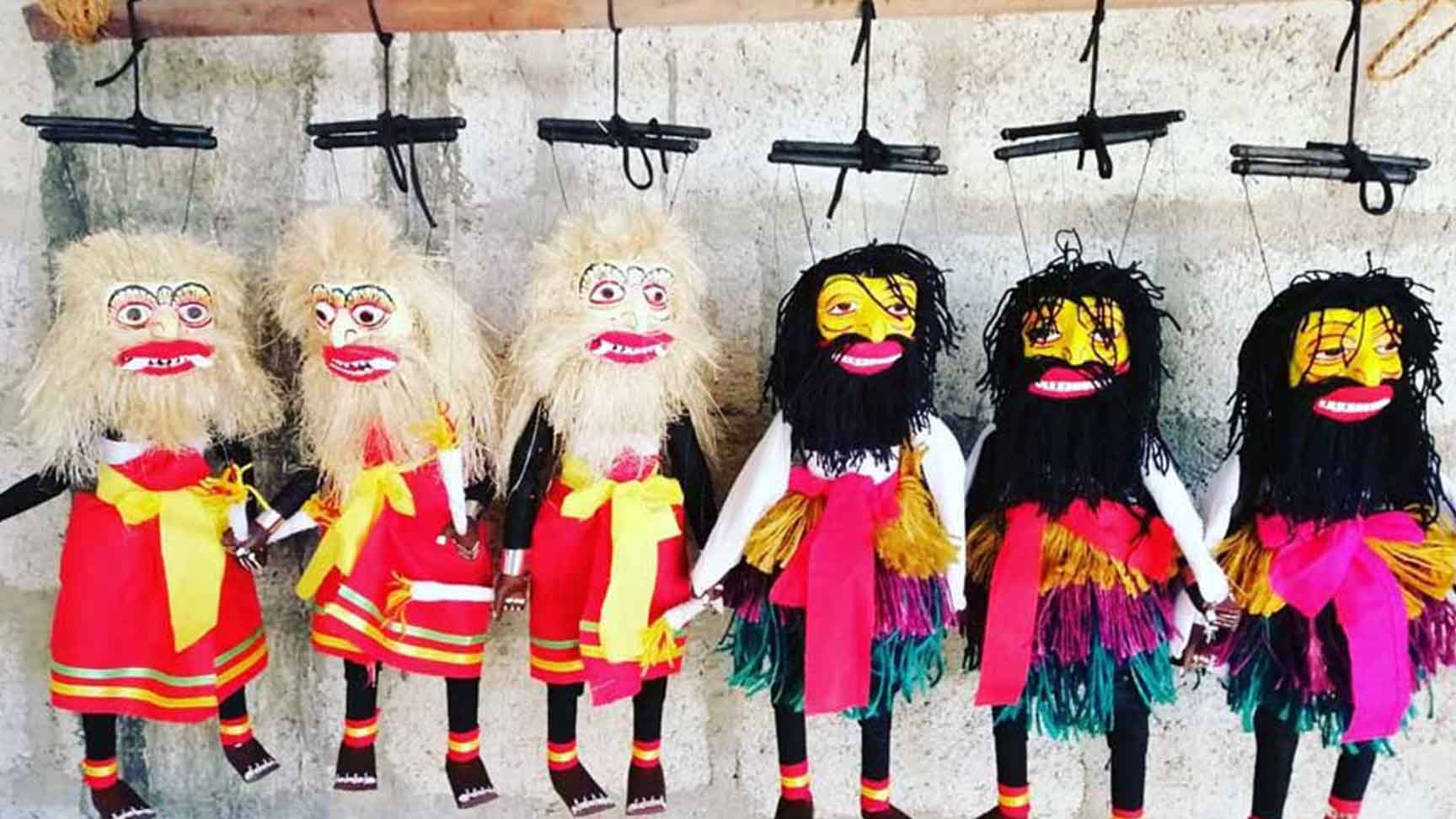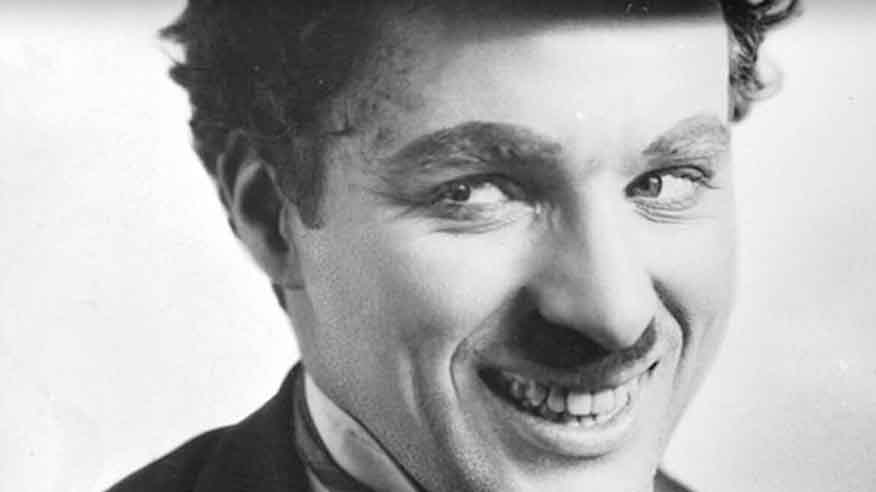Anton Chekhov
- ගවේෂණ
- Hits: 1255
Anton Pavlovich Chekhov was a Russian author born on the 29th of January 1860 in Taganrog, Russia. He was a Russian playwright and a key figure for modern short stories. Chekhov's father was a merchant. The sad and bitter experiences of his childhood later led to his creations. After attending a local school for Greek boys, he entered the city's high school. The ten years of education received there were of a very high standard. Bankrupted Chekhov's father moved with his family to Moscow to get a fresh start. In 1879 he rejoined his family and also joined the medical college. His father's salary from his job was very low, so he had a big responsibility to support his family.
The income earned from working as a journalist had to be used for his education as well as family expenses. This period was a very difficult one for him. This was because he had been entrusted with both a very complex medical education and the burden of the family. He graduated with a degree in medicine in 1884 and became a physician. Chekhov became famous for his humorous creations. The "Northern Herald" was his first literary work, published in 1888. His literary works include "A Dreary Story" (1889) and Ivanov (1887-1889). Chekhov was also a very good playwright. Wood Demon (1888-1889), "The Bear", "The Proposal", "The Wedding", and "The Anniversary" are good examples of this. He was also able to serve as a physician and medical administrator during a devastating famine in Russia between 1891 and 1892. He bought land in the village of Melikovo, about fifty miles south of Moscow, and stayed there for about six years. His elderly parents and unmarried sister Maria also lived in the same house. Those six years can be described as a time that honed his creativity and increased his productivity in life. "The Butterfly", "Neighbors" (1892), An Anonymous Story (1893), Murder... are live examples. Chekhov's focus also was on the rural peasant life at that time. In March 1897, Chekhov suffered from tuberculosis. Partially crippled by this illness, he sold the land in Makilov and built a house in Yalta. This was located on the Crimean coast. In 1901 he married Olga Nipper, a young actress who had contributed to his plays and was the only and deepest love of his life. However, as her acting career continued, the two often lived apart, and they had no children from that marriage. Although Chekhov's life in Yalta showed a lack of short story writing, it can be considered a period of increased focus on drama. His last two plays were The Three Sisters, staged in 1901, and The Cherry Orchard, staged in 1904, both for the Moscow Art Theatre. On the 15th of July 1904, Anton Chekhov died of an exacerbation of tuberculosis. At the time of his death, although his work was well-known in Russia as Russian literature it was not until after World War I that his work became internationally known. The English translation by Constance Garnett and many other translators made his work known internationally.
Deshan Wijayantha
Department of Linguistics
Faculty of Social Science
